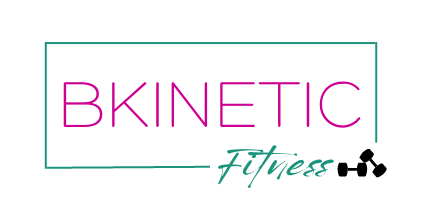“I screwed up my diet, so now I might as well enjoy myself.”
“Aaahhhh…What the eff, it’s my best friend’s birthday.”
Do these sound familiar?
We’ve all been there. Throwing caution or common sense to the wind, and giving in to temptation or pleasure. Instant gratification based on the justification of “why not?” We may feel like we’re being spontaneous and not a stick-in-the-mud, but most of the time we end up feeling guilt and shame.
This is the “What-The Hell” Effect, a phrase coined by researchers Janet Polivy and C. Peter Herman.
Whatever follows a “what the hell” is usually not very helpful towards reaching our goals.
And guilt is a piss-poor method of compliance. There are studies to back this up – that the worse a person feels about their slip-up, the worse the rebound or binge later. The very thing we wish we hadn’t done is now all but guaranteed to happen again, and worse. Sparking a vicious cycle of restrict-binge-restrict-binge. There’s nothing worse than feeling helpless to change an ingrained pattern like that, especially when it’s something you’ve struggled with for a long time.
When we’re feeling awful about ourselves and the situation, we just want to forget all about it and move on, not carefully examine the hows and whys. We just want to feel better ASAP. We want to skip right past the feelings of depression, disappointment, and loss of control. But in our pursuit of comfort, we turn to food (or alcohol or cigarettes or shopping). And then we feel worse.
What we need to do instead is the exact opposite — throw ourselves a bone and lean into the emotions that come up instead of trying to fix them with food. Again, research tells us that forgiveness and compassion actually leads to increased accountability, more personal responsibility, more willing to accept feedback, and more likely to learn from the experience (and reach our goals!).
But the thought of not using these negative feelings as motivation freaks us out. We think we need it to stay the course and “be good.”
Our own personal experience shows us that this approach backfires every time. Guilt, shame, and criticism actually equal less self-control and less motivation to change or try again.
If you’re sick and tired of staying stuck in this destructive, miserable cycle and committed to trying a new way, read on.
Do you use this as an excuse to give in even more? What would happen if you did the opposite?
Try This Tool
We tend to start a new program or diet with complete optimism. We think that this time is going to be different. This is the one that’s going to stick. And that’s all well and good, buuuuut…. We actually need to tweak that a bit to be more realistic. How about a little Optimistic Pessimism?
This tool is all about predicting tricky situations or obstacles we’ll most likely face and planning how we’ll respond. Planning ahead always beats trying to white-knuckle it in the face of temptation. When we make the decision ahead of time, we are already committed to making the right decision. It makes it sooooo much easier.
Ask yourself:
When am I most tempted?
How do I tend to get distracted from my goal?
What happens?
How does it make me feel?
Imagine each scenario and all the thoughts and feelings that pop up. Then, turn it around into a success scenario. What strategies will you use to break the pattern (and change the cues that lead to slip-ups)? Visualize clearly what you’ll do, seeing yourself succeeding, similar to what athletes do for competition. If you want to take this to another level, write it all down in a journal. Putting something in writing sends a message to our subconscious of our commitment and to remind us of what we plan to do and what kind of perspective we’ll choose to have to learn and move forward.
A Final Word…
- What are you feeling before and after a “what the hell” moment? Lean into each emotion, experience it fully so that you can learn something and move on.
- Remember that no one is immune to willpower challenges. You’re only human, and it’s no judgement of your character.
- Think about what you would say to a friend in a similar situation. You probably wouldn’t be so critical and negative, right? You’d be encouraging and positive.
- Commit to trying something new.


